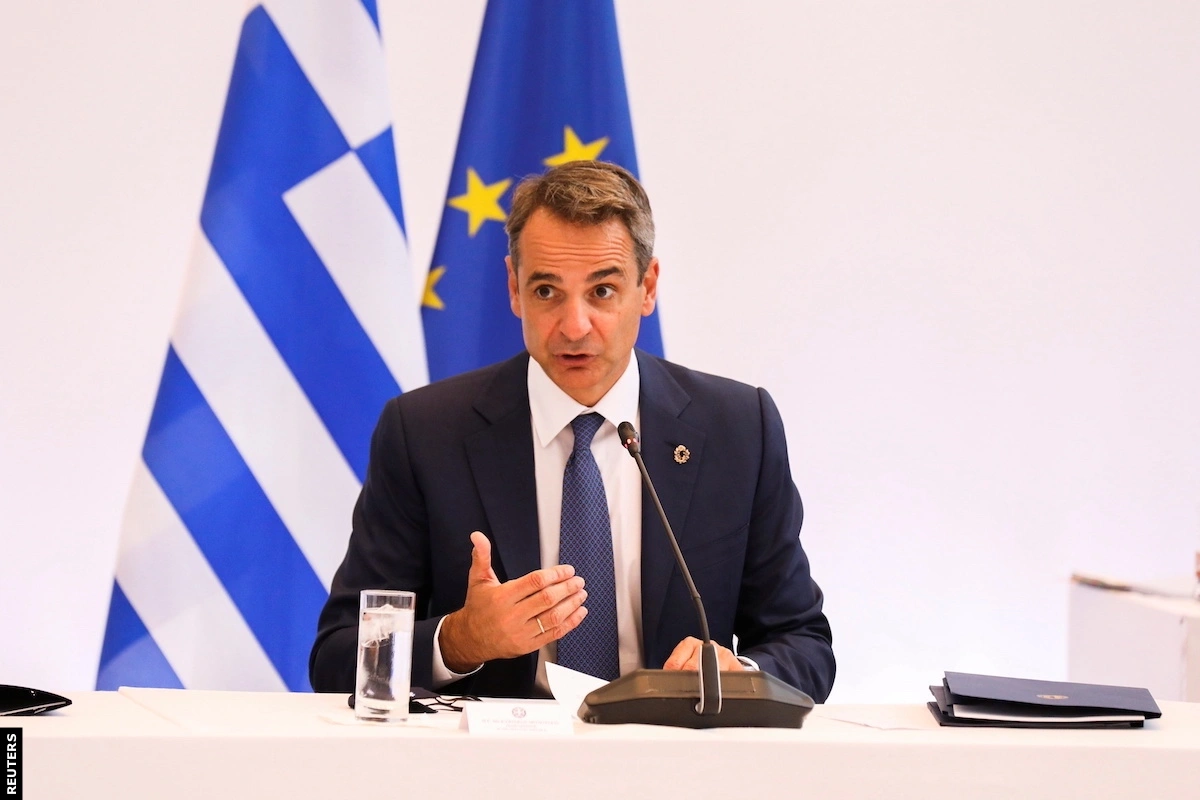Greek Prime Minister Kyriakos Mitsotakis has pledged to make an early repayment of 5.3 billion euros of bilateral bailout loans from European countries by the end of the year. This commitment is aimed at attracting foreign investments and making Greece an attractive destination for businesses. Following his resounding election victory, Mitsotakis intends to implement investor-friendly policies and chip away at the country’s 356 billion euros of debt, which is the highest relative to output in the euro area.
Prime Minister Kyriakos Mitsotakis tells @flacqua that Greece will repay two years of bailout loans ahead of schedule, in a confident signal to financial markets at the start of his second term in office https://t.co/mQsAoYB8Qe pic.twitter.com/yuiinEkri6
— Bloomberg TV (@BloombergTV) July 4, 2023
Mitsotakis emphasized that this pledge “is a commitment to investors,” and not just about managing the country’s debt. “I want to continue making Greece a very attractive destination for foreign investment,” he stated. “It’s not just about playing defense. It’s really about changing the country.” “The first goal, and I think it’s a very tangible goal, is to get to investment grade before the end of the year,” stressed the PM.
Moody’s Senior Vice President, Steffen Dyck, praised New Democracy’s election victory as credit-positive, that will “ensure continuity in fiscal and economic policies. In particular, continued focus on improving the business environment and banking sector health.”
Mitsotakis aims to consolidate Greece’s position in the European Union after years of economic hardship. His objectives include increasing Greek incomes closer to European peers, accelerating debt reduction, promoting renewable energy use, and boosting exports to 60% of GDP.
The Bank of Greece projects positive economic growth in the coming years, with growth rates of 2.2% in 2023, 3% in 2024, and 2.7% in 2025. The inflation rate is expected to ease from 4.3% in 2023 to 3.8% in 2024 and 2.3% in 2025.
Despite these optimistic projections, the Greek economy faces challenges in achieving real convergence with the euro area countries. The per capita GDP in Greece is currently about 55% of the euro area average, compared to about 70% before the debt crisis. To catch up, sustained growth rates above the euro area average will be necessary.
Newly appointed National Economy and Finance Minister, Kostis Hatzidakis, expressed optimism about the Greek economy’s prospects, supported by the positive current conditions. The meeting between Hatzidakis and Bank of Greece Governor Yannis Stournaras indicated a collaborative approach in addressing economic challenges.
Additionally, the European Central Bank’s executive board is planning to meet in Athens in October, further showcasing Greece’s importance in the European context. Both Hatzidakis and Stournaras highlighted the need for prudent fiscal policies to ensure the country’s economic stability and growth.











